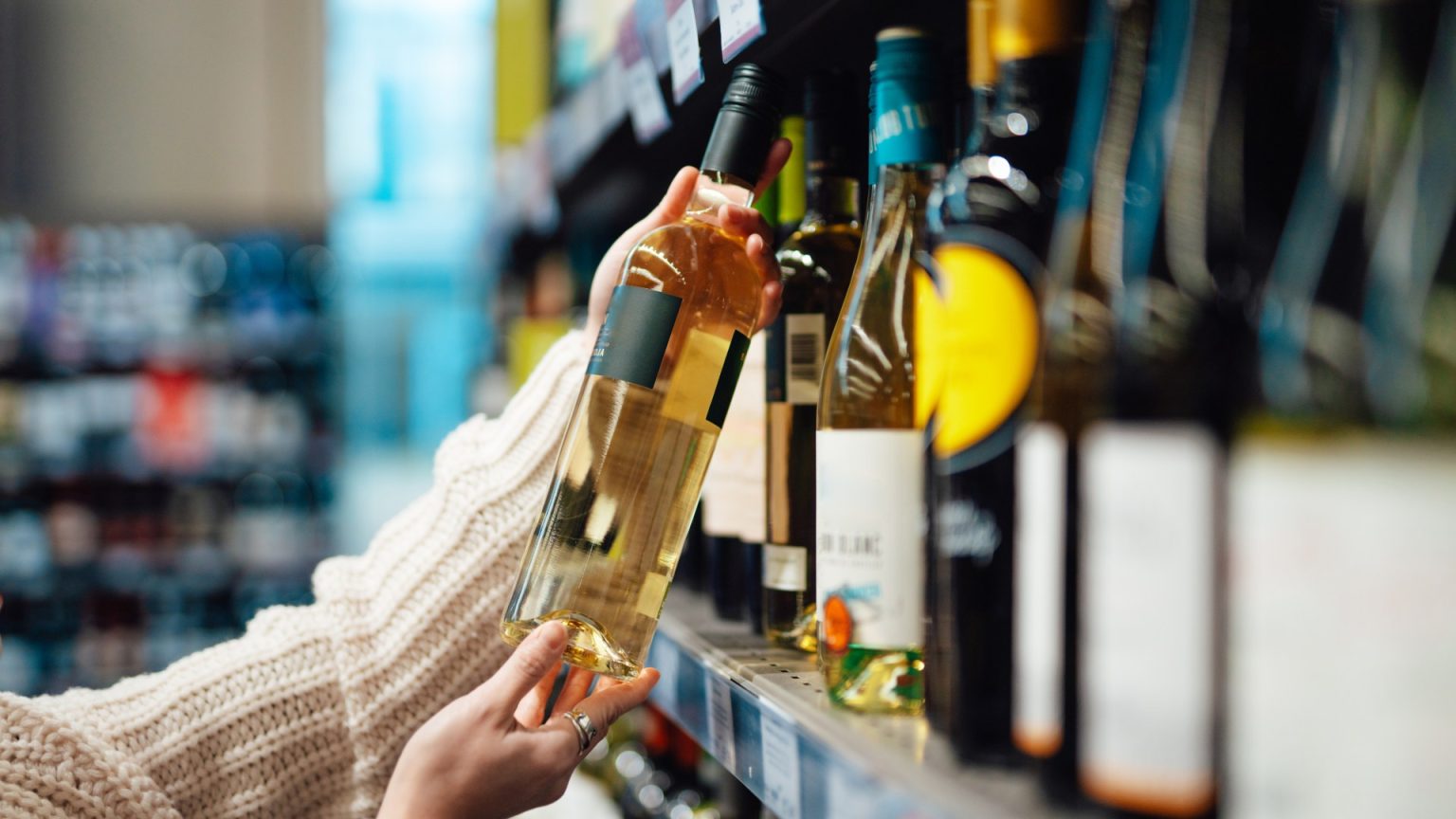The UK’s alcohol industry is bracing for a significant shake-up as a new, strength-based alcohol duty system takes effect, accompanied by further tax increases related to waste packaging. Consumers can expect to see higher prices on many alcoholic beverages from August 1st, 2024, a result of changes announced in the Autumn 2023 budget by then-Shadow Chancellor Rachel Reeves. While a pint of draught beer or cider may become slightly cheaper due to a duty cut, wine and spirits will experience noticeable price hikes. For example, a bottle of wine (14.5% ABV) could increase by 54p, while a bottle of gin will likely see a 32p rise. This restructuring of alcohol duty aims to promote responsible drinking by taxing stronger beverages more heavily.
The new system ties alcohol tax rates more closely to the alcohol by volume (ABV) content of a beverage. This means that drinks with higher alcohol content will be subject to a higher rate of duty, while those with lower ABV will see a smaller increase, or in the case of draught beers and ciders, a slight decrease. This move is intended to discourage excessive alcohol consumption while also providing a small relief for those who prefer lower-strength options or draught products. The adjustment aligns with the Retail Price Index of 3.6%, impacting various alcoholic products. While this aims to generate additional revenue for the government, it also raises concerns within the hospitality sector about its potential impact on consumer spending and business profitability.
Beyond the alcohol duty changes, further price increases are looming due to the implementation of new waste packaging recycling fees slated for April 2025. These fees, which became law in December 2024, are designed to shift the responsibility for recycling costs from local councils to the businesses producing the packaging. The goal is to incentivize the use of more sustainable packaging materials and reduce waste overall. However, the tax is weight-based, which disproportionately affects glass bottles commonly used for wine and spirits. This is expected to add a further 12p to the price of a bottle of wine and 18p to a bottle of spirits, potentially exacerbating the price hikes already caused by the changes to alcohol duty.
The hospitality sector is particularly vulnerable to these combined tax increases. Industry leaders warn that the rising costs of alcohol duty, coupled with increased operating expenses due to higher National Insurance contributions and the rising minimum wage, could force businesses to raise prices even further, potentially impacting consumer demand. Many pubs and restaurants are already struggling in the wake of the pandemic and the cost-of-living crisis, and these added financial pressures could lead to further closures or job losses. The British Beer and Pub Association, for example, estimated a potential £650 million loss for the sector due to the combined impact of these changes.
This multifaceted change to the alcohol market has sparked debate. While the government argues that the changes are necessary to promote responsible drinking and support environmental initiatives, critics worry about the potential economic fallout. The increased costs for businesses, coupled with higher prices for consumers, could lead to a decline in sales and put further strain on the already struggling hospitality sector. Some also argue that the tax disproportionately affects lower-income individuals, who may be more likely to consume cheaper, higher-strength beverages. The long-term impact of these changes remains to be seen, but it is clear that they represent a significant shift in the UK’s approach to alcohol taxation and recycling.
The simultaneous implementation of the strength-based alcohol duty and the waste packaging tax paints a complex picture for the UK alcohol industry. While both initiatives aim to address important societal issues—responsible alcohol consumption and environmental sustainability—the combined impact raises concerns about affordability for consumers and the financial viability of businesses, particularly in the hospitality sector. The interplay between these two tax changes will likely reshape the alcohol market, influencing consumer choices and potentially leading to shifts in industry practices related to both product formulation (ABV content) and packaging choices.


